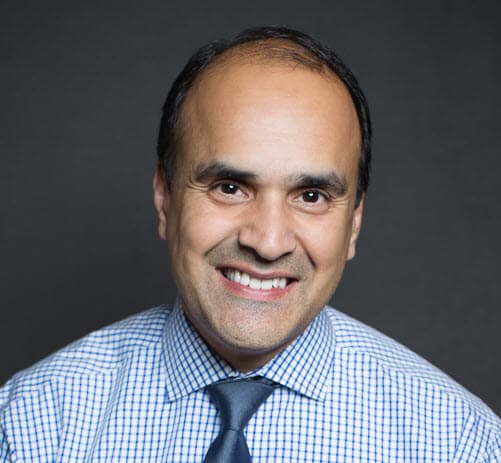
@ShahidNShah


My friend Adam Weinstein, a senior engineer at CardinalHealth, pointed me to the iHealthReports Open Source Primer for Healthcare whitepaper. Since it’s a primer it’s not too enlighting for many of us who’ve been in open source for a while but it’s quite good as an introduction to folks in healthcare who may have just started hearing about open source and wondering why it might be relevant to them. Some useful arguments come from their Executive Summary:
The potential advantages of open source software in health care are many. Anyone can use or modify the software with few restrictions, the cost for customers is minimal because developers generally volunteer their time, and revenues derive from services such implementation and support rather than licensing, which means health care providers are more likely to gain direct value. In addition, the fact that no single vendor owns the software gives providers more options, enables them to customize software for their own particular needs, promotes public and foundation funding of software development. and ensures correct and timely implementation of standards, as there are no proprietary limitations. The creation of technology standards that define how information is structured, defined, and exchanged is critical because successful health care information exchange will depend on them.
By facilitating the adoption of standardized electronic medical records, open source software may contribute to the creation of regional health information networks, which exchange data and patient records. Access to source code will allow each region to adapt the software to its specific requirements without having to develop an entire software suite from scratch. In turn, regional innovation will filter back to the larger health care community; advancing the technology while minimizing costs.
Open source software is increasingly likely to become the dominant model for creating software to improve the quality of care in a cost-effective way because companies such as Red Hat, MySQL, and jBoss have demonstrated that the model is viable; because computer companies such as IBM, Hewlett Packard, and Sun Microsystems support the model; and because several healthcare-oriented open source projects have proved it works. Open source will not herald the end of commercial health care software suppliers, nor will it mean free software for everyone. But it will provide a reference point for true value and could become a powerful agent for managing price. Commercial offerings will have no choice but to follow this model of compatible information systems and data exchange.

Shahid Shah is an internationally recognized enterprise software guru that specializes in digital health with an emphasis on e-health, EHR/EMR, big data, iOT, data interoperability, med device connectivity, and bioinformatics.
Connecting innovation decision makers to authoritative information, institutions, people and insights.
Medigy accurately delivers healthcare and technology information, news and insight from around the world.
Medigy surfaces the world's best crowdsourced health tech offerings with social interactions and peer reviews.
© 2023 Netspective Media LLC. All Rights Reserved.
Built on Jan 17, 2023 at 9:26am